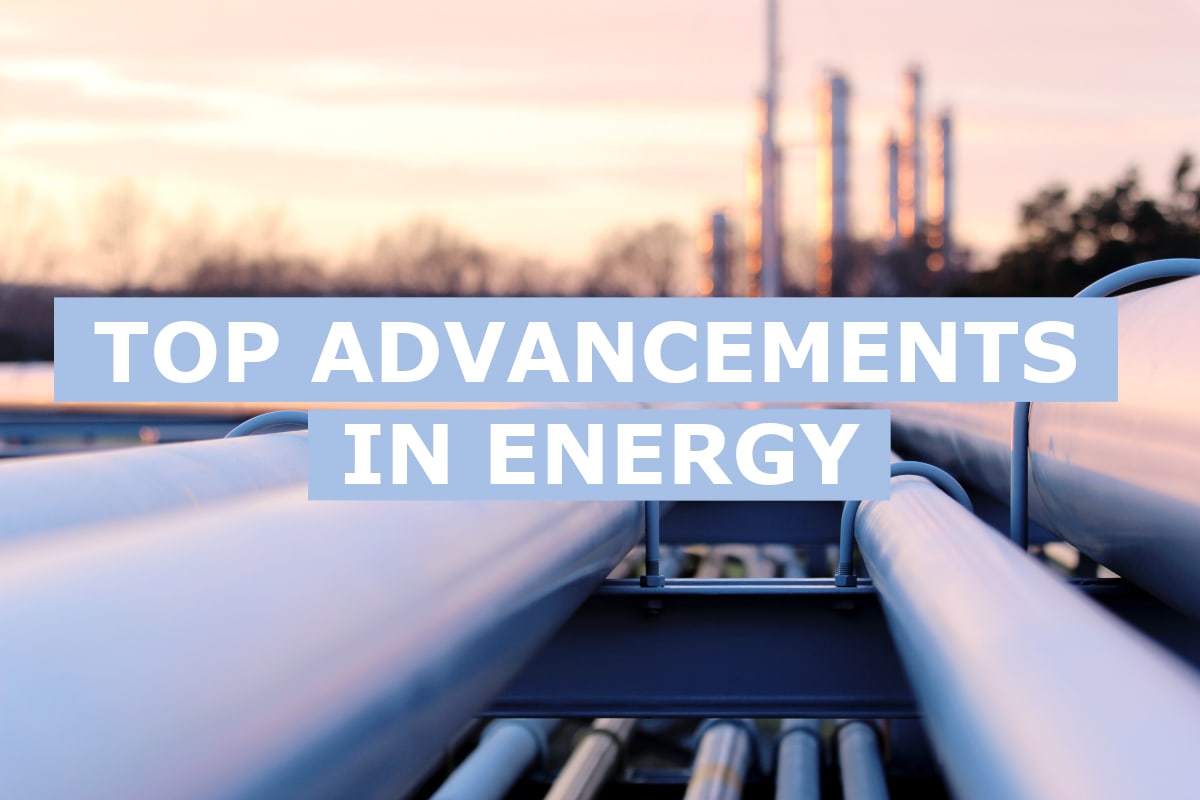
The majority of us vividly remember the Bitcoin boom.
And for those who don’t, here is a refresher:
Launched in 2009 by Satoshi Nakamoto (pseudonym), Bitcoin proposed an alternative for electronic cash. Satoshi believed that the banks and governments have too much power, often using it for their own interest. Thus, he developed a cryptocurrency that people could send to anyone and anywhere, without having any higher institution intervening.
The technology that was underpinning Bitcoin is blockchain.
In simple, simple terms, blockchain is a system that records information in a way that is difficult to hack or cheat.
It distributes a copy of all the recorded information to the ledger of every participant involved in the blockchain. This means that if a transaction happens in the system, a record of that transaction is visible to everyone.
Although Bitcoin was not the huge success everyone imagined, several markets still believe in blockchain technology. In fact, more and more companies are incorporating it to aid with their transaction matters.
Why?
This system provides security by encrypting all records.
Every transaction is time-stamped.
Valid records can’t be altered.
And in this way, data integrity increases while risks related to double spending, spending disputes and data manipulation, lessen.
Oil, Gas and Blockchain
In recent years, blockchain solutions have been proving a success record. They are giving businesses a chance to increase efficiency, reduce operating costs, accelerate trading operations and simplify supply-chain management.
Thus, it should not come as a surprise that a lot of Oil and Gas companies have found blockchain attractive.
The typical Oil and Gas value chain is divided in three sectors, whereas:
Upstream means product exploration and extraction
Midstream means transporting and storing the product, and
Downstream means processing, refining and selling the product.
When incorporating a blockchain system into this value chain:
Upstream: Blockchain acts a transparent bridge in performance contract evaluations and reconciliations, making upstream management more effective.
Midstream: IoT sensors developed by blockchain innovators can provide companies with better oversight of their pipelines and transportation processes. Also, digital records provide transparency and accountability for better management of subcontractors.
Downstream: At this stage, supply-chain management is simplified with improved transparency, quicker payments, and product authentication.
Whether and how blockchain will be able to completely revolutionize the oil and gas industry, remains to be seen.
Traditionally, this industry is highly-dependent on paper-based transactions and management, posing difficulties to completely adapt and adjust to this digital solution.
Though, if successful, it can bring a number of benefits Oil and Gas clients, in operations like:
- Equipment tracking
- Inventory Management
- Chain custody of products
- Payment and invoice settlement
- Assembly and operations in the field, and
- Asset utilization





